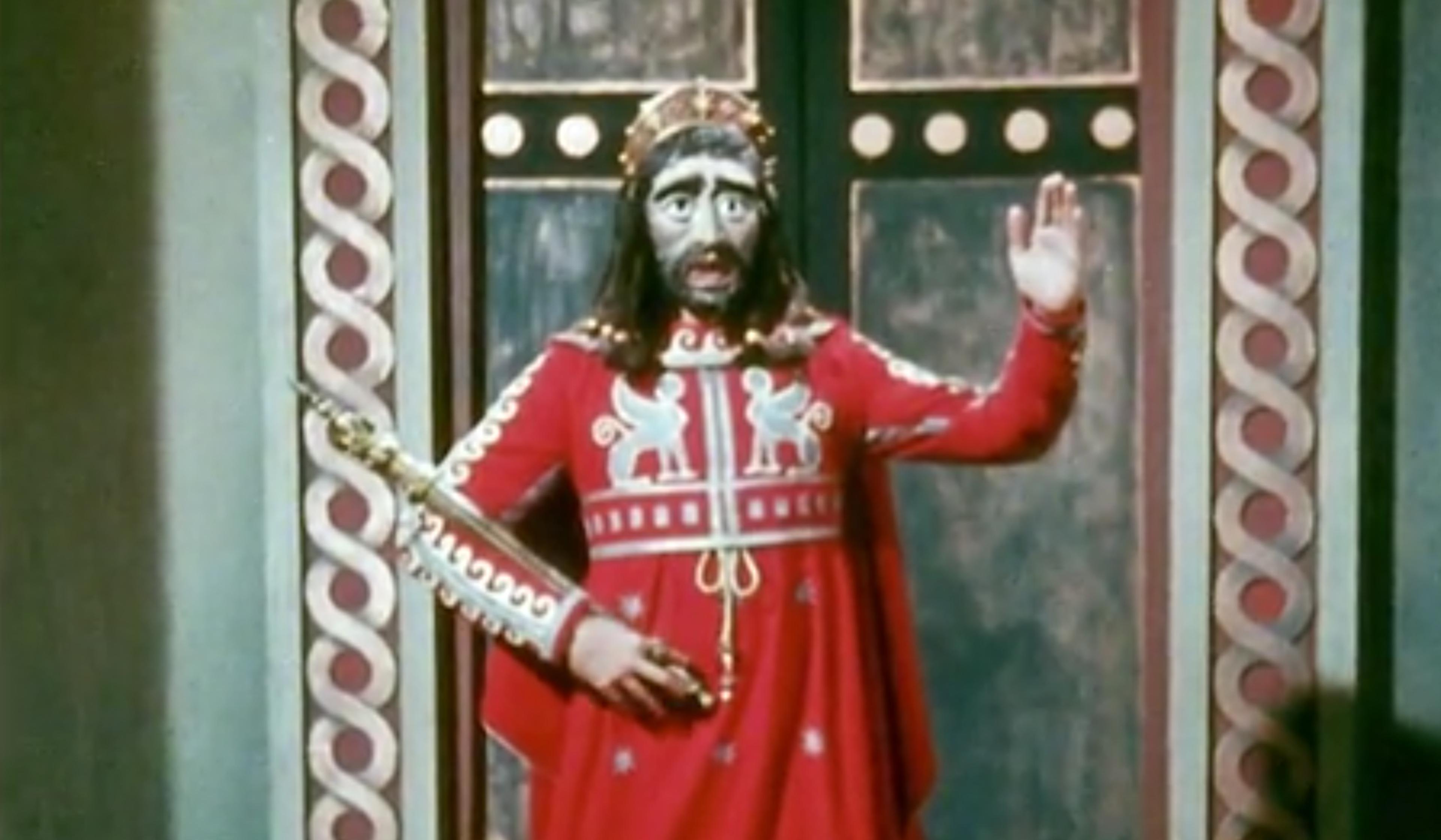Plato believed that public policy should be the purview of a small group of wise leaders; in his view, ordinary citizens couldn’t possibly be well informed enough to arrive at the decisions that would best align with the common good. Jean-Jacques Rousseau disagreed, countering that normal people, voting for their opinions en masse, could indeed arrive at the ‘general will’. The French philosopher Nicolas de Condorcet (1743-94) went even further than his contemporary Rousseau, proposing that, not only could the wisdom of the crowd be trusted to reach the most beneficial conclusions, but that it was mathematically provable that this was the case. This animated explainer from Wireless Philosophy (or Wi-Phi) details the logic of Condorcet’s so-called ‘jury theorem’, while also identifying weaknesses in the perhaps overly optimistic assumptions embedded in his logic.
Is the idea that democracy always benefits society misguided, or just mathematics?
Video by Wireless Philosophy

videoHistory of ideas
Why Plato believed that philosopher kings – not democracy – should run the state
2 minutes

videoPolitical philosophy
Beyond the veil – what rules would govern John Rawls’s ‘realistic Utopia’?
6 minutes

videoThinkers and theories
‘My art is oratory, Socrates.’ An ancient warning on the power and peril of rhetoric
4 minutes

videoVirtues and vices
Why Jean-Jacques Rousseau and Adam Smith were divided on the virtues of vanity
5 minutes

videoFairness and equality
To build a fair society, we must first be able to envision it. John Rawls can help
64 minutes

videoEthics
You messed up. You’re in trouble. But don’t worry, logical positivism can help
6 minutes

videoEthics
All’s not well that ends well – why Kant centred morality on motives, not outcomes
55 minutes

videoThinkers and theories
Before Chomsky, there was Lippmann: the First World War and ‘manufactured consent’
18 minutes

videoPhilosophy of mind
If you knew everything, could you predict anything? A thought experiment
8 minutes